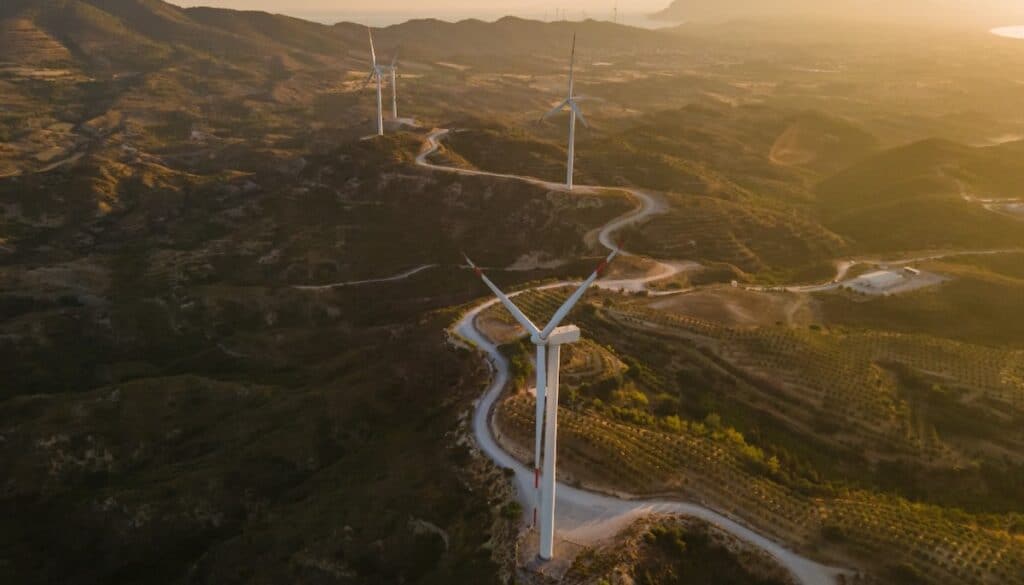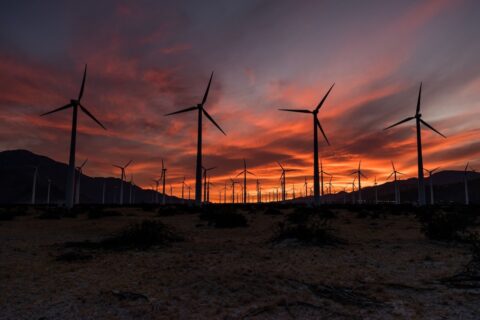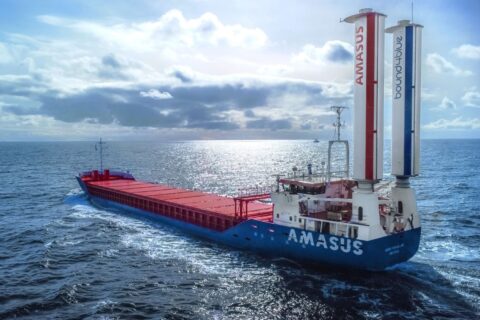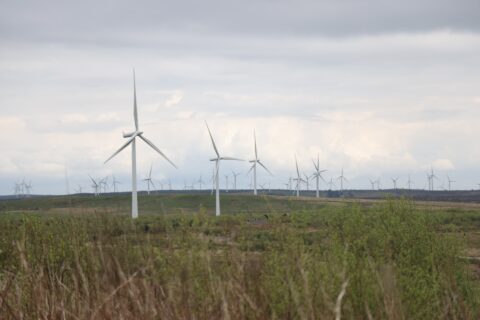
The global energy transition is off-track, aggravated by the effects of crises worldwide. This is the stark message from the World Energy Transitions Outlook 2023 Preview from IRENA, which warns of a dramatic lack of progress and calls for a strategic shift in the energy transition to sustain the agreed 1.5°C climate target.
Introduced at the Berlin Energy Transition Dialogue (BETD), The Preview calls for a fundamental course correction in the energy transition. The full World Energy Transitions Outlook (WETO) report will be published later this year by the International Renewable Energy Agency (IRENA).
Investment in renewables for structural change
A successful energy transition demands bold, transformative measures reflecting the urgency of the present situation. Investment and comprehensive policies across the globe and all sectors must grow renewables and instigate the structural changes required for the predominantly renewables-based energy transition.
The Preview shows that the scale and extent of change falls far short of the 1.5°C pathway. Progress has been made, notably in the power sector where renewables account for 40% of installed power generation globally, contributing to an unprecedented 83% of global power additions in 2022.
But to keep 1.5°C alive, deployment levels must grow from some 3,000 gigawatt (GW) today to over 10,000 GW in 2030, an average of 1,000 GW a year. Deployment is also limited to certain parts of the world. China, the EU and US accounted for two-thirds of all additions last year, leaving developing nations further behind.
Addressing the urgency of the situation, IRENA’s Director-General Francesco La Camera said:
“The stakes could not be higher. A profound and systemic transformation of the global energy system must occur in under 30 years, underscoring the need for a new approach to the energy transition. Pursuing fossil fuel and sectoral mitigation measures is necessary but insufficient to shift to an energy system fit for the dominance of renewables.
“The emphasis must shift from supply to demand, towards overcoming the structural obstacles impeding progress. IRENA’s Preview outlines three priority pillars of the energy transition; the physical infrastructure, policy and regulatory enablers and well-skilled workforce, requiring significant investment and new ways of co-operation.”
Transition tech in need of trillions of Dollars
The Preview warns that a lack of progress further increases investment needs and calls for a systematic change in the volume and type of investments to prioritise the energy transition.
Although global investment in energy transition technologies reached a new record of $1.3 trillion in 2022, yearly investments must more than quadruple to over $5tr to stay on the 1.5°C pathway.
By 2030, cumulative investments must amount to $44tr, with transition technologies representing 80% of the total, or $35tr, prioritising efficiency, electrification, grid expansion and flexibility.
Any new investment decisions should be carefully assessed to simultaneously drive the transition and reduce the risk of stranded assets. Some 41% of planned investment by 2050 remains targeted at fossil fuels. Around $1tr trillion of planned annual fossil fuel investment by 2030 must be redirected towards transition technologies and infrastructure to keep the 1.5°C target within reach.
Furthermore, public sector intervention is required to channel country investments in a more equitable way. In 2022, 85% of global renewable energy investment benefitted less than 50% of the world’s population.
Africa accounted for only 1% of additional capacity in 2022. IRENA’s Global Landscape of Renewable Energy Finance 2023 confirms that world regions that are home to about 120 developing and emerging markets continue to receive comparatively little investment.
Moving forward, nations must work together to redraw the global energy map, concluded La Camera:
“Achieving the energy transition requires stronger international collaboration, including collective efforts to channel more funds to developing countries. A fundamental shift in the support to developing nations must put more focus on energy access and climate adaptation. Moving forward, multilateral financial institutions need to direct more funds, at better terms, towards energy transition projects and build the physical infrastructure needed.”
WETO 2023 and first Global Stocktake at COP28
IRENA’s World Energy Transitions Outlook (WETO) provides an energy transition pathway in line with Paris Agreement goals, limiting global temperature rise to 1.5°C. The forthcoming 2023 edition will contribute to the first Global Stocktake concluding at COP28 in the United Arab Emirates and will propose effective ways to accelerate progress over the next five years towards 2030.
IRENA is the lead intergovernmental agency for the global energy transformation that supports countries in their transition to a sustainable energy future. With 168 Members (167 States and the European Union), plus 16 additional countries in the accession process and actively engaged, IRENA promotes the widespread adoption and sustainable use of all forms of renewable energy in the pursuit of sustainable development, energy access, energy security and low-carbon economic growth and prosperity.
Further Reading:
- Read/Download the World Energy Transitions Outlook 2023 Preview;
- More about the International Renewable Energy Agency (IRENA), in general;
- More from the Berlin Energy Transition Dialogue (BETD) conference, 2023;
- More about IRENA’s Global Landscape of Renewable Energy Finance 2023;
- More on United Nations Framework Convention on Climate Change (UNFCCC) Global Stocktake;
- More on the latest Renewable Capacity Statistics 2023 highlights also published by IRENA;
- Also on SustMeme, Key role for third sector in climate finance (Guest Blog);
- Also on SustMeme, Is carbon capture part of the climate solution?
- Also on SustMeme, Carbon offset prices could jump 50-fold by 2050;
- Also on SustMeme, Energy transition investment hits $500 billion for first time;
- Also on SustMeme, Clean energy outperforms dirty power stocks but lacks size.
Check out the full archive of stories on the SustMeme Climate & Energy Channel, now available to Sponsor.






